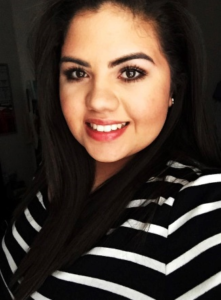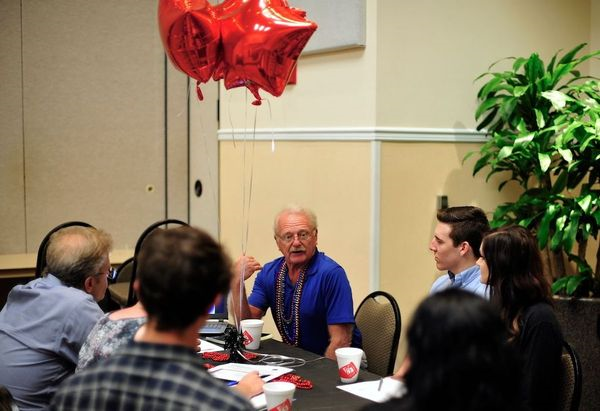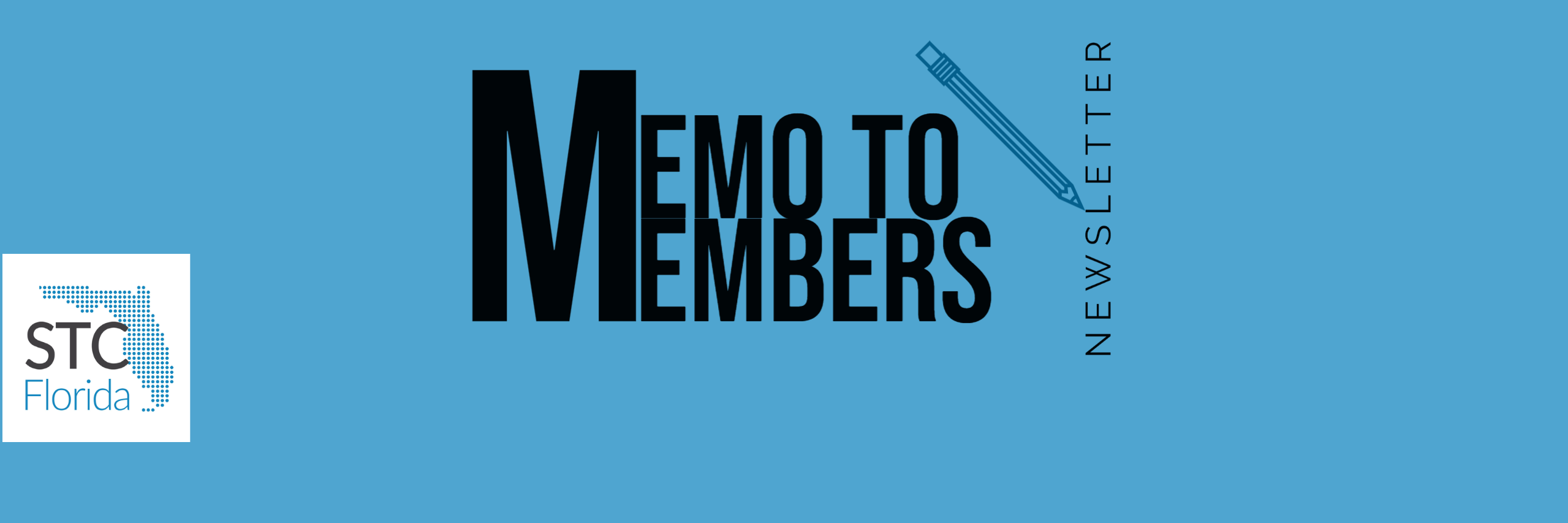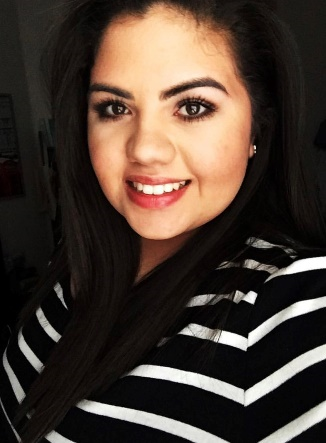Write to Win: Proposal Writing Strategies

By: Carolynn M. Torres Colon
FTC Secretary
Florida Chapter, STC
At the Red Venue, long-time STC member Dan Voss offered tips in a presentation titled “How to Write a Winning Proposal: Close Only Counts in Nuclear War and Horseshoes.” Along with proposal writing tips, Dan also explained things young professionals can do on a day-to-day basis to succeed at their jobs.
Dan demonstrated that writing an effective resume and building an impressive portfolio are a form of proposal writing. Trying to appeal to a future employer is similar to a proposal in that you should be sure your skills and experience align well with the job description.
“Basically, you are proposing yourself to a prospective employer,” Dan said. “In so doing, you must show not only that your qualifications meet the requirements for the job, but also that you will add business value to the organization.”
One of the most important tips I thought Dan provided was to explain the acronym “SWOT,” which means Strengths, Weaknesses, Opportunities, and Threats. These are some of the components a proposal writer should take into consideration when showing how the proposal meets the demands of the client. Knowing the competition’s strengths and weaknesses, as well as one’s own strengths and weaknesses, provides an outline to effectively develop a persuasive and successful proposal.
Dan explained how knowing when to take the opportunity to learn and understand the entirety of an issue can put the proposal writer at an advantage over the competition. He also addressed the need to be alert for any threats that come from the competition and even possible ethical issues that can come in to play when writing a proposal.
Another tip for a proposal writer is to make sure that claims and substantiating data are consistent throughout the proposal, as “inconsistencies erode your credibility.”
Dan presented a final tip concerning the importance of openly acknowledging any weaknesses along with a plan for correcting them, rather than trying to hide them. He feels that “telling the truth is not only the right thing to do, but also the smart thing to do.” As a writer, do not deduce that the competition and the client are not aware of these weaknesses, as in “the proposal business, that is generally not a wise assumption.”

Photo by W.C. Wiese

